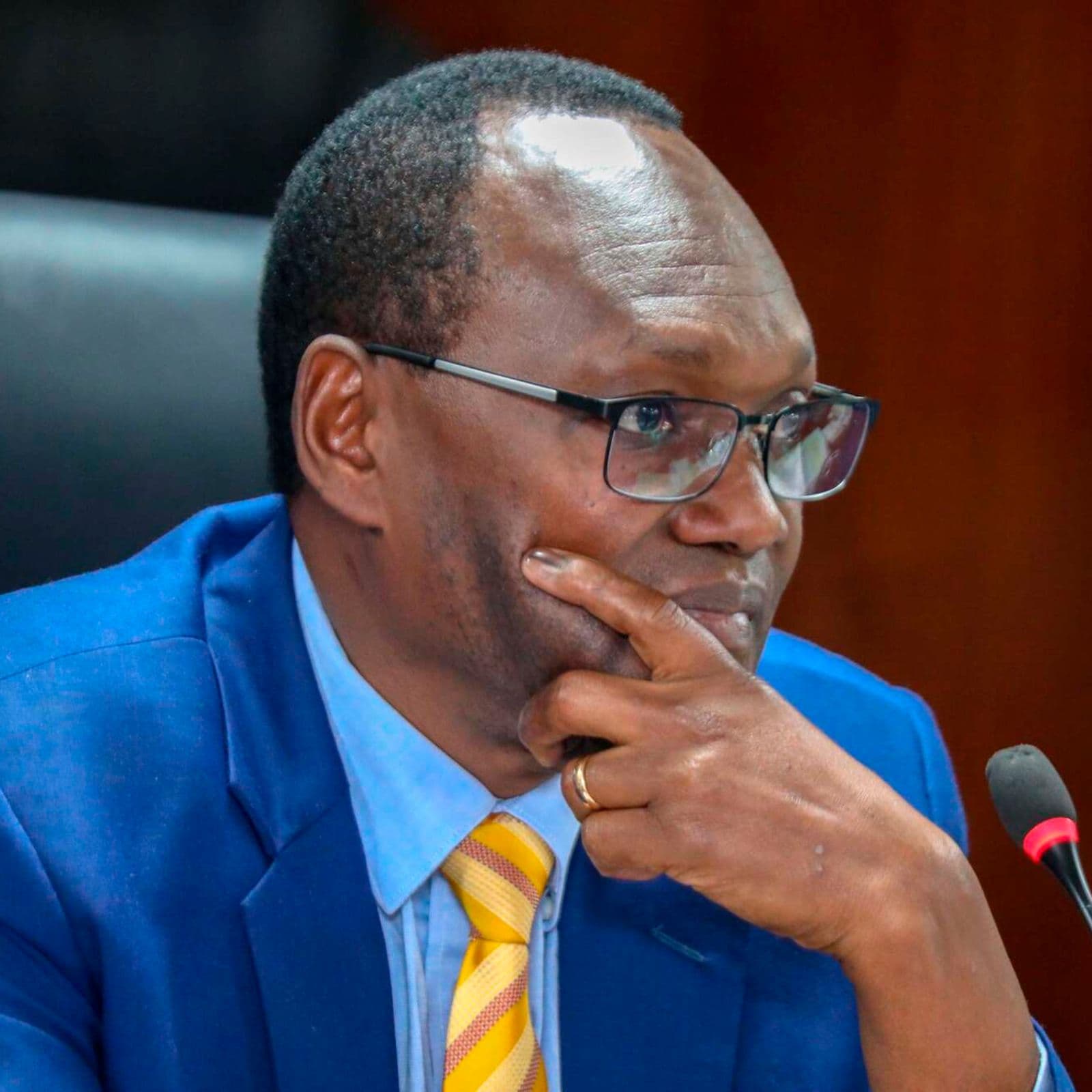We're loading the full news article for you. This includes the article content, images, author information, and related articles.
Kenya faces significant economic headwinds due to escalating public debt and pervasive corruption, impacting public services and investor confidence. The government is urged to provide clear strategies for fiscal sustainability and anti-graft measures.

Kenya is at a critical economic juncture, grappling with the twin challenges of a burgeoning public debt and persistent corruption. These issues are significantly influencing public debate and policy execution, with stakeholders calling for greater clarity on timelines, costs, and safeguards to steer the nation towards sustainable growth. The country's economic outlook for 2025 remains cautiously optimistic, yet it is tempered by these pressing fiscal and governance concerns.
Kenya's public debt has been on a steep upward trajectory. As of May 2025, the total public debt stood at KSh 11.5 trillion, an increase of 10.3% from KSh 10.4 trillion in May 2024, according to the Central Bank of Kenya (CBK). This figure highlights a consistent rise, with the debt reaching an all-time high of USD 83.5 billion in September 2024. The public debt averaged 59.0% of GDP in the decade leading up to 2024, surpassing the Sub-Saharan African average of 42.7%. In December 2024, Kenya's debt-to-GDP ratio was 67.4%, exceeding the International Monetary Fund's (IMF) recommended threshold of 50.0% for developing countries.
The escalating debt is attributed to persistent fiscal deficits, averaging 7.1% of GDP over the last ten financial years, and rising debt servicing costs. Interest payments alone absorb approximately a third of the tax revenue, creating a substantial hurdle for economic expansion. The World Bank revised Kenya's 2025 economic growth forecast downwards to 4.5%, citing high public debt levels and elevated lending rates as key factors.
Corruption remains a pervasive issue across all levels of Kenyan society, widely considered a primary impediment to the nation's development. In Transparency International's 2024 Corruption Perceptions Index, Kenya scored 32 out of 100, ranking 121st among 180 countries. This score, while a slight increase from 31 points in 2023, remains below the global average of 43 points. The public procurement sector is particularly vulnerable to graft, often at the centre of major corruption scandals.
The economic implications of corruption are severe. It undermines economic growth by negatively impacting key sectors such as education, health, and infrastructure, which often perform below target due to corrupt practices. Corruption deters foreign investment, leads to inflated public purchase prices, and results in substantial revenue losses, estimated by some analyses to be at least a third of the state budget annually. This siphoning of funds cripples government-funded programmes and leaves citizens with inadequate public services.
Despite existing legal frameworks and anti-corruption institutions, the fight against corruption has faced challenges. There are calls for a review of existing laws to make corruption a capital offense and to strengthen corruption-fighting institutions and asset recovery mechanisms. The government's fiscal strategies and policy reforms are crucial to restoring investor confidence and stimulating sustainable development.
Analysts and international bodies consistently highlight the urgent need for reforms. The World Bank, in its May 2025 Kenya Economic Update, emphasized that Kenya's public debt remains at high risk of distress and stressed the importance of reforms to strengthen fiscal sustainability. George Mnga Amolo, Managing Partner of AMG Consulting, noted in July 2025 that Kenya's debt is projected to reach KSh 11 trillion, limiting the government's ability to reinvest in the economy.
Key Economic Indicators (as of 2024/2025):
The high debt levels and pervasive corruption pose significant risks to Kenya's economic stability and social welfare. Increased domestic borrowing can crowd out private sector lending, hindering economic growth. Corruption leads to diminishing livelihoods, increased poverty, and food insecurity, disproportionately affecting the poor and marginalized. It also undermines economic competition, as contracts are often awarded based on bribes rather than merit, leading to inefficiencies and lower quality infrastructure.
While the extent of corruption is widely acknowledged, precise figures on the total financial losses remain challenging to ascertain, with some estimates suggesting the actual proportion of the state budget lost to corruption could be much greater than publicly reported. The effectiveness of current anti-corruption strategies and the political will to implement stringent measures are ongoing points of debate.
The government is expected to continue implementing fiscal adjustments and policy reforms aimed at consolidating public finances. The World Bank projects Kenya's real GDP to pick up gradually, with growth increasing from 4.5% in 2025 to about 5.0% in 2026–2027, contingent on effective fiscal management and reforms.
Observers will be closely watching the government's concrete actions to address the debt burden, particularly strategies for revenue mobilization and expenditure control. The progress of anti-corruption initiatives, including prosecutions and asset recovery, will also be a key indicator of the nation's commitment to good governance. The upcoming national budget statements and economic policy reviews will provide further insights into the government's approach to these critical challenges.
Keep the conversation in one place—threads here stay linked to the story and in the forums.
Sign in to start a discussion
Start a conversation about this story and keep it linked here.
Other hot threads
E-sports and Gaming Community in Kenya
Active 9 months ago
The Role of Technology in Modern Agriculture (AgriTech)
Active 9 months ago
Popular Recreational Activities Across Counties
Active 9 months ago
Investing in Youth Sports Development Programs
Active 9 months ago